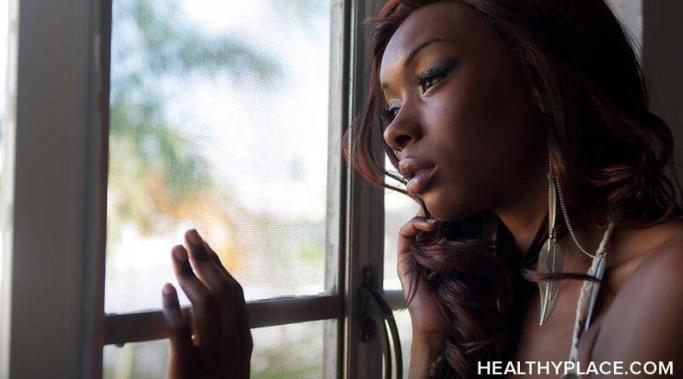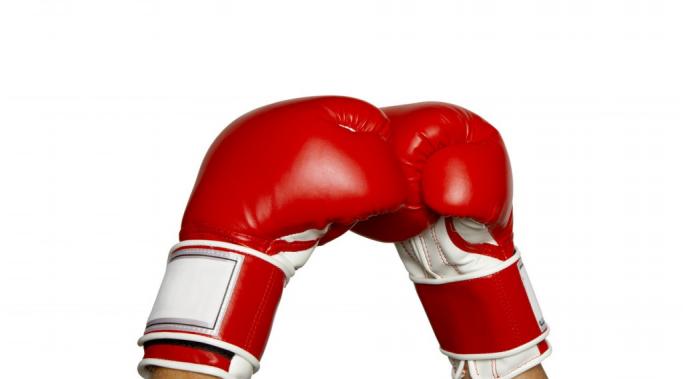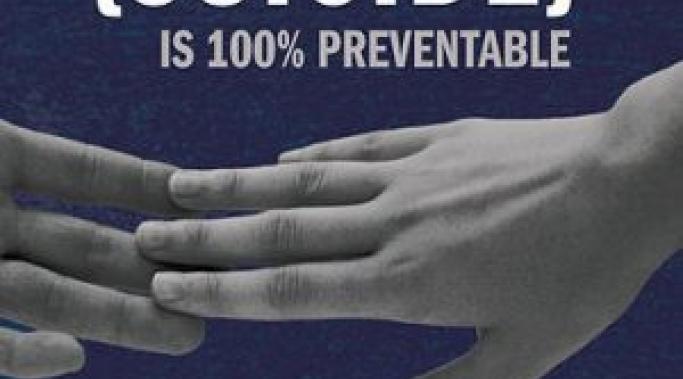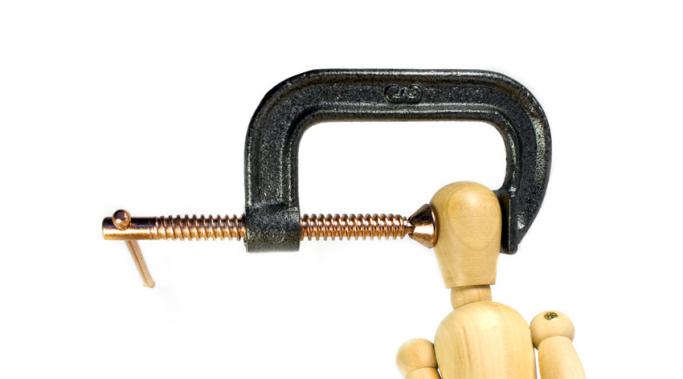Bipolar disorder has an approximate prevalence in society of 1% and obsessive-compulsive disorder has an approximate lifetime prevalence of 2.5%. When you put those two numbers together, you should have a very small population that has both bipolar disorder and obsessive-compulsive disorder.
However, this turns out not to be the case. Actually, according to a recent study, 50% of people with obsessive-compulsive disorder also have a depressive disorder and 10% have bipolar disorder.
In short, if you happen to have both disorders, you’re not alone.
Depression – Breaking Bipolar
Recently, one of my search referral logs revealed the question, “Can I Become a Doctor if I Have Attempted Suicide?” This is a very specific question and I’m afraid I don’t have the technical answer to it on my site.
But the question itself saddened me. Mostly because someone would think that they couldn’t become a doctor just because of a suicide attempt. A suicide attempt should neither limit how people see you nor how you see yourself.
We’ve all heard it – the condescending notion that bipolar disorder, depression or another mental illness is “all in our heads.” This is the notion that we are not ill and that we simply think we are ill. If we stopped believing we had a mental illness, we would stop having one. Naturally, this is hogwash. But science and medicine can’t seem to convince people out of this illogical notion (Denial Keeps Those with a Mental Illness From Getting Better). I think that’s because people have their own psychological reasons for wanting to believe that mental illness is “all in our heads.” Mostly, it’s fear.
It is a sad reality that life is full of things we don’t want to do and mentally-different or no, this is something with which we have to deal.
And it’s even sadder to know that people with bipolar disorder and other mental illnesses have a much longer list of things they don’t want to do than the average person. And, of course, ironically, the mentally ill are typically the least-equipped to deal with such things.
But beating bipolar disorder, or any mental illness, means doing what you don’t want to do, pretty much all the time.
Have you ever noticed that when you spend time around someone who’s in a great mood it often lifts your mood up too? Similarly, if you spend time with someone who is really down, you feel less happy? Part of the reason for this is mirroring. It’s the concept that we image back what people show to us. Human see, human do.
So how can we use this idea to our advantage when we’re depressed?
Recently I wrote about how people tend to ignore suicide threats online. And one of the reasons people ignore these threats is because they don't take them seriously. Some people even believe that suicide threats are just a cry for attention.
Recently suicide threats are on my mind as I had to deal with a very serious one last week on Facebook. There are two things that shock me about suicide threats online:
People usually ignore them.
Some (depraved) people actually egg the suicidal person on.
Now, I won’t go on about how deplorable it is to egg on another person’s suicidal ideation or threat, but I do want to discuss why people ignore suicide threats.
Hi. My name is Natasha and I have bipolar disorder. In fact, I have had bipolar disorder for at least 14 years. And many of those years I spent not really getting better.
Much to the chagrin of the doctors and those around me. After all, if I was taking pills, seeing a psychiatrist and psychologist, shouldn’t my wellness be just around the corner?
Sometimes I felt pressured to just say “yes, I’m feeling better,” when that wasn’t the truth of the matter at all.
Self-esteem is a funny thing. I think we’re all born with it but somewhere along the way it gets damaged for many of us. Self-esteem is simply: “a realistic respect for or favorable impression of oneself; self-respect.” And yet many of us feel pretty much the opposite. We feel an unreasonable disrespect or unfavorable impression of ourselves.
And mental illness may be one reason why.
Recently a commenter talked about how she felt taken advantage of by a loved one who had schizoaffective disorder. This particular individual seemed to take a lot from his family and gave nothing in return. He refused to shower, help out around the house, pay for anything and would eat out at restaurants with no money and then insist his family come down to the restaurant and pay for him.
The person with schizoaffective disorder was being medically treated and the loved one felt that he was just manipulating the people around him.
Now, I can’t say what the motivation was in this scenario, but certainly, this commenter is not the only one to have found herself in that situation. So the question is, is mental illness an excuse for bad behaviour?
![MP900442726[1]](/sites/default/files/styles/blog_listing/public/uploads/2012/09/MP9004427261.jpg?itok=_AH3CRWY)








